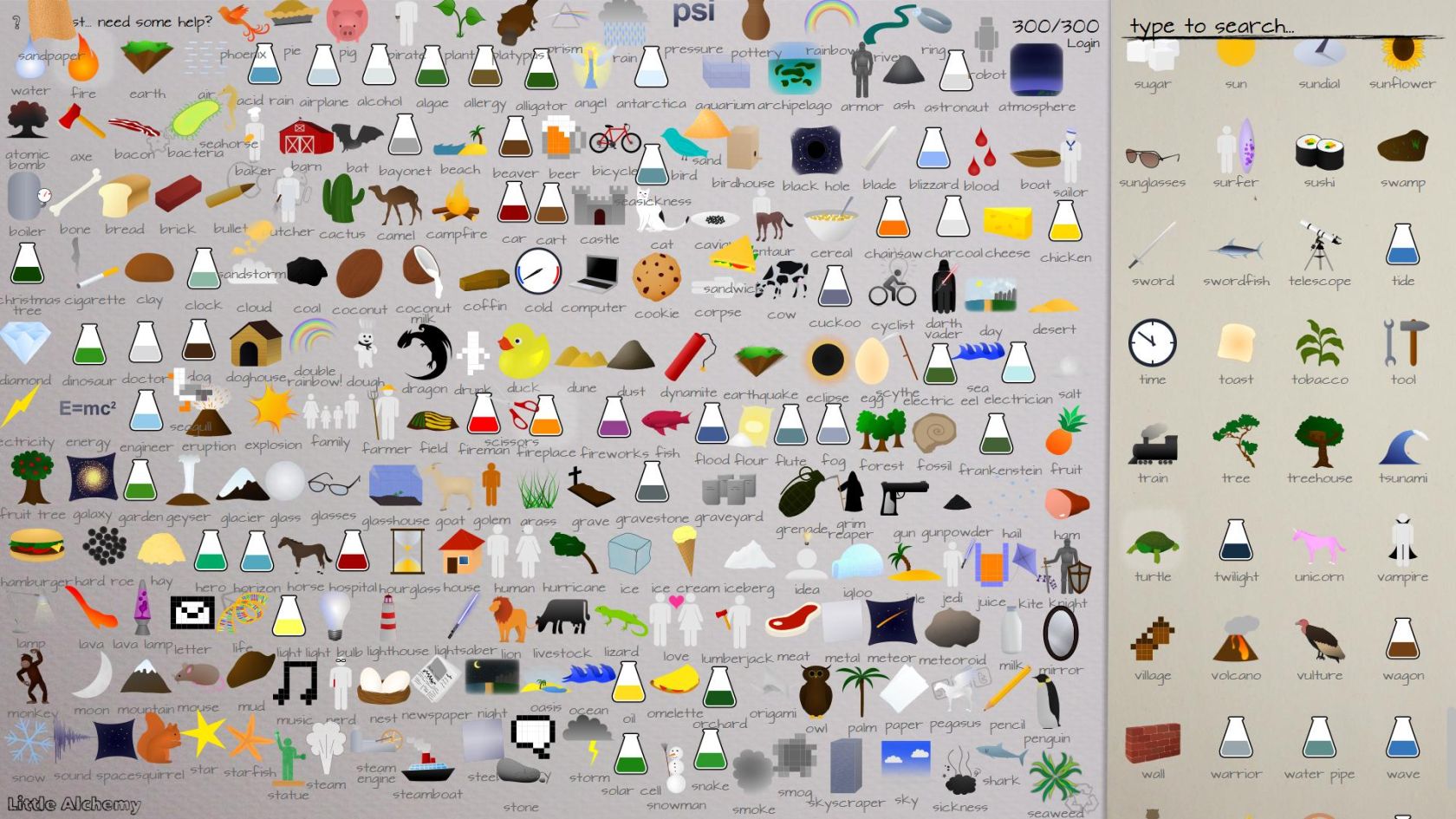

But there is a more basic reason why alchemy is wrong-it’s aimed at producing earthly treasures, including wealth and longevity. The philosopher’s stone is also called “the tincture,” “the powder,” and “ materia prima.” The first book of the Harry Potter series, Harry Potter and the Philosopher’s Stone, contains many references to alchemy.Īlchemy’s connection to sorcery, occult wisdom, and paganism should be enough evidence that it is unbiblical. The ultimate goal of alchemy is sometimes referred to as “the philosopher’s stone,” a condensation of a secret substance that will change common metal into gold and, more importantly, bring immortality, enlightenment, and perfection to the possessor of the stone. In fact, alchemy promotes the belief that only those who have achieved a higher consciousness-those who have attained insight into the mysteries of the universe-are capable of effecting transmutation of earthly things.Īlchemy relies heavily on dreams and visions and altered states of consciousness to procure esoteric “wisdom.” Various symbols and talismans are thought to be imbued with much power. That is, alchemists sought to turn the “lead” of the human soul into the “gold” of an enlightened being. It also had a goal of spiritual transformation, purifying the spirit, expanding the consciousness, and touching the divine. Alchemists were not just proto-chemists and early metallurgists they were magicians, mystics, and sorcerers.Īlchemy sought to transform more than metal. (The philosopher's tree was a precursor to the philospher's stone.) He blended gold and mercury into a flask, which he then placed. Other influences within alchemy are astrology, numerology, Kabbalah, and Rosicrucianism. Lawrence Principe, a chemist and science historian at Johns Hopkins University, decided to recreate a medieval alchemy experiment, one that he hoped would conjure a 'philosopher's tree' made from a tiny bit of gold. Alchemy is often associated with Hermeticism, a pagan religion that purports to have the most ancient, most desirable wisdom. Modern-day alchemy has seen a revival within the New Age movement.Īlchemy has always been about more than just finding the right combination of chemicals from the beginning, alchemy involved a philosophical and religious pursuit of hidden wisdom. Alchemy traces its roots to ancient Egypt, where alchemists produced alloys, jewelry, perfumes, and substances to embalm the dead.

Alchemy was also involved in attempts to mix potions that would cure any illness or that would prolong life indefinitely. In ancient times, before we had a modern understanding of science, alchemists tried to create a process by which they could transform lead into gold. In a way, alchemy is a precursor to modern chemistry.


 0 kommentar(er)
0 kommentar(er)
